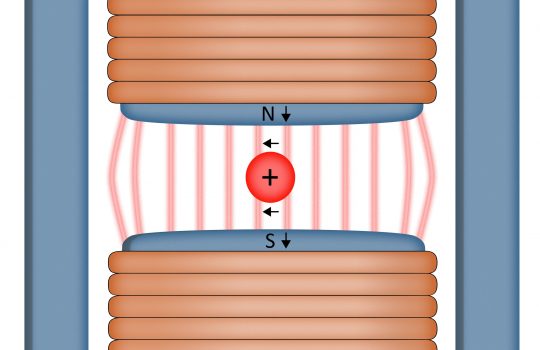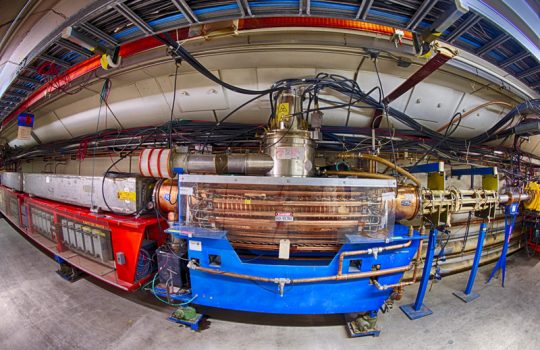Lee Teng internship fosters undergraduate researchers in accelerator science and engineering
Each summer, 10 upper-level university students participate in an internship that exposes them to professional experience in accelerator science and technology.





